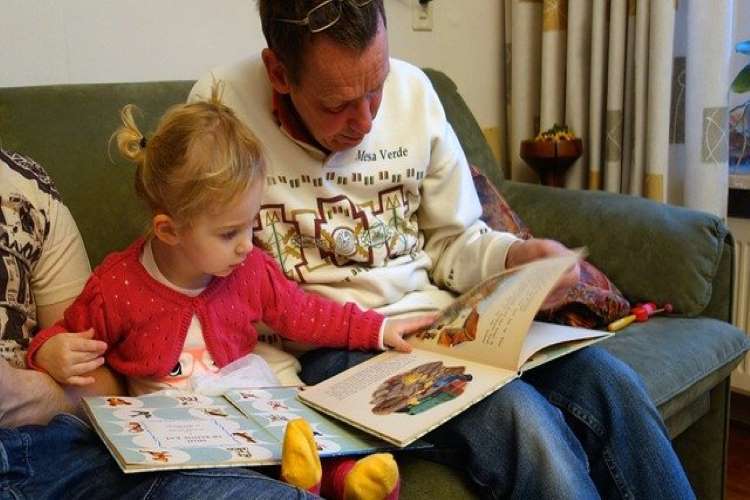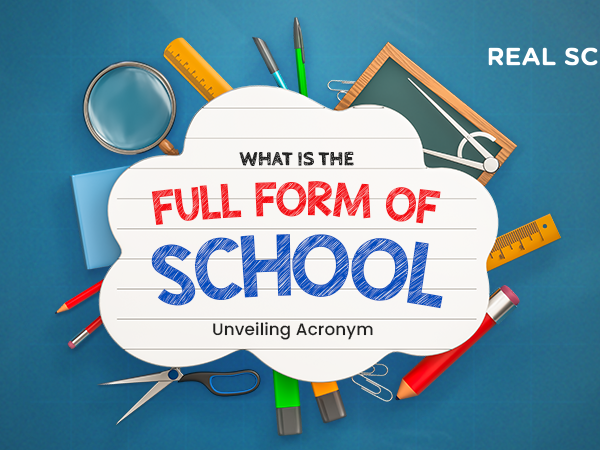We should know what emotional development is. So, we tell you emotional development is getting or developing any sense of feeling towards anything or anyone. For a kid, emotional development is necessary to develop as he/ she can’t connect to the outer world most. What he/ she likes or hates, they themselves are able to judge.
During the baby’s time frame, related to the fast development of the front-facing flaps and the limbic circuit in mind, acknowledgment of oneself arises. Accordingly, the little child endeavors to become more autonomous, and the outflow of outrage and rebellion increments in that battle for self-sufficiency. The capacity to separate the self from others likewise advances fundamental sympathetic conduct and suitable arrangement. Before the second year of life, little children react to negative signs from others, and they have explicit passionate reactions to their harmful activities. The feelings that arise with a simple origination of oneself are regularly called reluctant feelings and incorporate disgrace, humiliation, blame, and pride. Like pride and blame, some reluctant feelings don’t arise until babies and little youngsters have figured out how to conceptualize guidelines of conduct.
Also Read: How to Observe Social and Emotional Development Lacking in Kids: Get to Know Your Kid
Emotional Development in Infancy and Early Childhood
There is an emotional development in infancy and early childhood. The outflow of feelings during the earliest stages promotes the progress from complete reliance to self-rule.
Social (purposeful) smiles and different expressions of delight promote social interactions and healthy associations with parental figures. The sad faces support compassion and helping nature, and the outflow of anger signals protest and distress.
Newborn children’s remarkable tendency to experience and communicate specific feelings and the limit for expressing those feelings is typically referred to as characteristics of emotionality.
For the most part, scientists concur that unintentional smiles are a form of entering the world. Social grinning and emotional expressions of interest show up as early as a month and a half old. By four to five months of age, newborn children specifically smile at recognizable faces and different babies, and their parents start to impart positive emotional exchanges to them.
During early childhood, related to the rapid development of the front-facing projections and the limbic circuit in the brain, recognition arises.
As a result, the little child endeavors to become more independent, and the expression of outrage and disobedience increases in that battle for self-sufficiency. The capacity to differentiate the self from others additionally advances empathic behavior, conduct, and understanding.
Before the second year ends, little children react to negative signs from others, and they have explicit emotional reactions to their harmful activities. And here, emotional development in infancy and early childhood starts.
The feelings that arise with a simple origination of oneself are regularly called uneasy feelings and include disgrace, humiliation, blame, and pride. Like pride and guilt, some anxious feelings don’t arise until babies and little youngsters have figured out how to conceptualize disguised norms of conduct.
This is emotional development in infancy and early childhood. Therefore one should help their child in developing these skills.

Social and Emotional Development in Early Childhood
Social development in early childhood is a significant part of an individual’s general well-being, prosperity, and joy all through their life. Social development is firmly connected to intellectual and emotional development.
Both science and experience impact social and emotional development. Together, qualities and experience shape the mind’s design: Genes give “guidelines” for our bodies, while experiences influence how and whether the directions are completed.
Kids’ initial meetings comprise communications with guardians—guardians, other relatives, youngster care suppliers and educators—and their current circumstance. Because of the short idea of mental health in youth, the nature of early experience can lay either a solid or frail establishment, which will influence how kids constantly respond to their general surroundings for the remainder of their life.
For most babies and small kids, social and emotional development unfurls predictably. They figure out how to foster cosy associations with guardians, mitigate themselves when they are disturbed, offer and play with others, and tune in and follow headings. Every one of these signs demonstrates social and emotional development in early childhood.
How can you help your child learn and behave with other social development involving acting with peers? It also includes things such as the ability to express feelings and show generosity. Therefore a child should be provided help for developing all these social and emotional skills.
Appropriate Behaviour
Young children learn new things. If you see your child is showing gratitude, sharing feelings and being helpful, you should assume that your child has good social skills. But what if they do not have these skills? Then you should help them in generating these skills as it is a learning stage for them.
Teach Empathy
Empathy is the ability to understand what other people see and their point of view or imagine them at your place. It would help if you encourage your child to think about how other people feel. Empathy is an emotion that is missing in our society, so this should be taught to every child.
Teach Cooperation
This skill benefits from direct experience. Give your child time to play with other children and let them play with cooperation. Later you can teach them how they played with cooperation. Sometimes the toddler may find playing frustrating. This is the point where you should improve your child.
Reinforce Good Behaviour
It is important to praise your child when they show good behaviour. Making your child feel good about themselves plays a vital role in social development. By creating a favourable climate, you can ask your child about their feelings, and they will not be reluctant to share their thoughts and ultimately help.
So this is how you can develop social and emotional development in early childhood.
Also Read: How to Observe Social and Emotional Development Lacking in Kids?
Conclusion
Development is significant for young people as they approach adulthood. When teenagers or youthful grown-ups are exploring numerous personality alternatives, they regularly have substantial degrees of nervousness. They can show anxiety in exploring those choices.
When youths or youthful grown-ups are investigating numerous personality choices, they frequently have undeniable degrees of uneasiness but show revenue in investigating those choices.
Young people who make an early obligation to a specific personality, usually a character advanced by their family, have low degrees of tension and don’t encounter a lot of contention in their family connections. Young people who are not investigating character choices will, in general, have low degrees of inspiration and regularly seem exhausted or unconcerned.
At long last, youthful grown-ups who have accomplished a steady feeling of character will, in general, be more compassionate and are more fruitful at dealing with their feelings. So now you know about developmental changes. So parents should take care of their child in early childhood.







